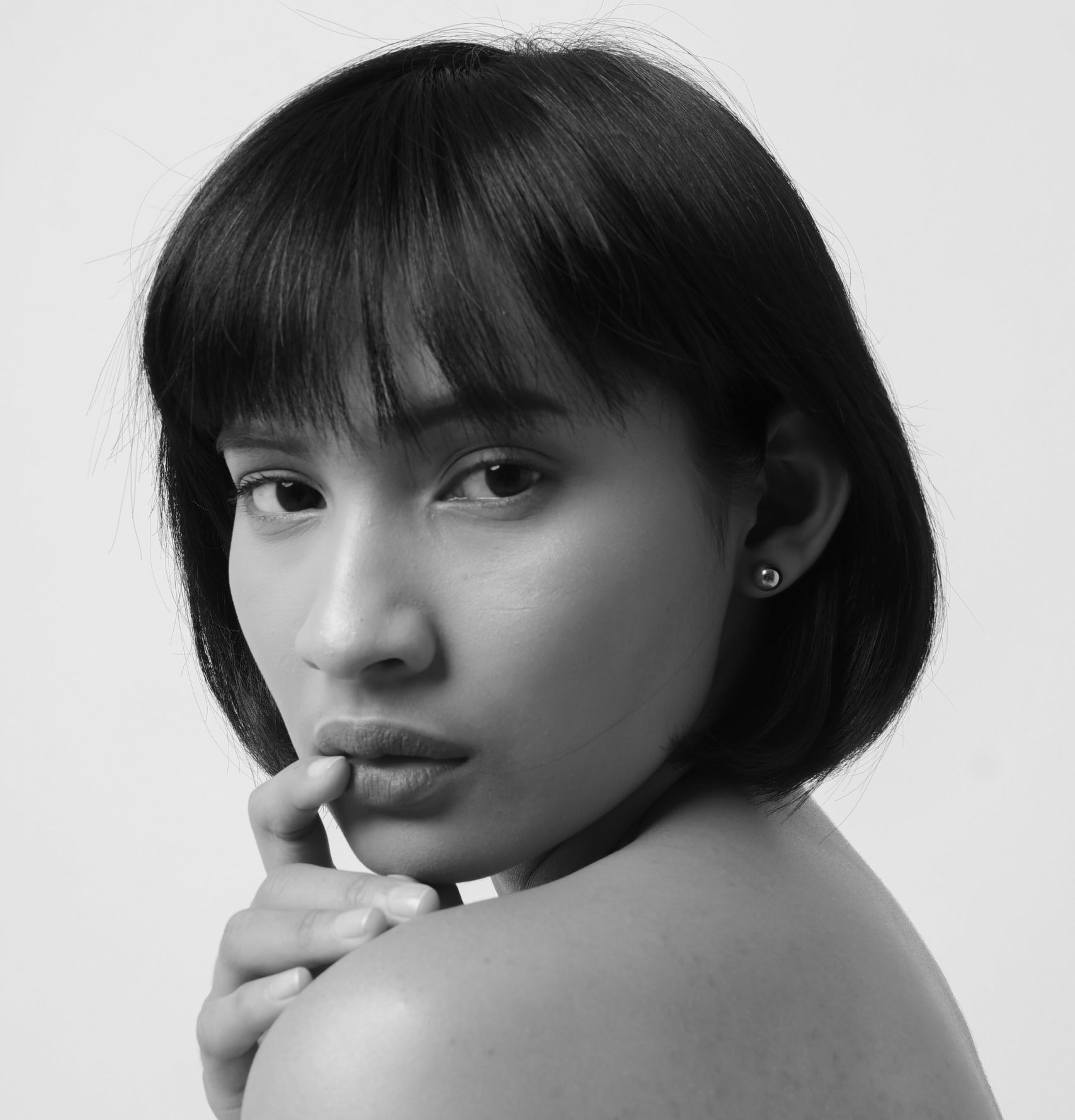If you’re a user of TikTok and social media, it’s likely that you’ve come across the ‘clean girl’ aesthetic. A trend that promotes a very narrow standard of beauty that is often unattainable, racist, texurist and fatphobic.
From glossy donut skin to glossy lips, the clean beauty aesthetic has many TikTok users in a chokehold by promoting a narrow view of unrealistic beauty standards, especially for Black women and women of color. And though the idea of “clean girl beauty” has been around for well, a very long time, it’s now more overtly in your face than ever before because of social media.
One of the many problems with the “clean girl” aesthetic is that it’s counterproductive and promotes a damaging picture to young girls, women, and the LGBTQ+ community of unattainable beauty standards that are nearly impossible to meet.
What Is Clean Girl Beauty?
“Clean Girl Beauty” is a beauty trend that’s taken over TikTok and other social media outlets that showcases a wide range of pictures, videos, and tutorials on how to achieve perfect skin, perfect hair, and even shows how to perfectly behave.
“Through its TikTok virality, images of how to behave, look and even eat like a clean girl have revealed society’s innate ability to reinforce exclusionary Euro-centric beauty standards,” said I-D on the trend. “These ideals have been long-standing barometers of class perception, making “capital beauty” the fighting force-feeding deceptions of desirability that can only be purchased.
Why Is Clean Girl Beauty Problematic?
The “Clean Girl Aesthetic” is problematic because it promotes a narrow mind, euro-centric view of beauty that is predominantly represented by white women. Overall, the “Clean Girl Beauty” trend feels rather exclusive, and as if it’s being used as a way to promote that “popular clique-like club” we’re all too familiar with in high school.
All in all, the trend is subconsciously damaging to young girls, women, and the LGBTQ+ community, and is teaching women not to appreciate their own beauty.
“While the idea of the clean girl has been around for decades, it has usually appeared on Black and Brown women — a heritage of slicked-back buns, gold hoops, and buttery skin have now been co-opted and reduced to a mere trend, now represented by white women.” Said I-D.
I-D continues, “These standards seemingly uphold hierarchal beauty norms that are often unattainable, expensive, racist, texturist, or fatphobic.”
Black Women Have Used The Trend As A Way To Promote Skinny Women With Straight Hair And Soft Glowy Makeup.
In an effort to diversify the exclusive “Clean Girl Beauty” trend, a TikTok creator posted their own movement called “Clean Girl aesthetic but make it Black,” which predominantly highlights skinny Black women with long straight hair and dewy skin. According to I-D, the new trend gathered over 92k likes and has created a rift among other Black women claiming that the trend is problematic.
“Clean Girl” aesthetic but make it black ✨, a thread: pic.twitter.com/E0tMNuPjbn
— 𝒟. (@dizadior) May 27, 2022
The issue with the clean girl aesthetic is that it only represents skinny, thin, loose curl textured desirable black women with no blemishes on their face. Implying that anyone outside of that aesthetic is dirty. You can just call it minimalist make up. https://t.co/QaDplT5kz9
— DJ BLACK LIVES SHOULD ALWAYS MATTER💕🇳🇬 (@ItsAdesewa) May 29, 2022
“The popular thread that garnered over 92k likes is sparking dialogue amongst mostly Black women,” as reported by I-D. ” One tweet reads: “The issue with the ‘clean girl’ aesthetic is that it only represents skinny, thin, loose curl textured desirable Black women with no blemishes on their face, implying that anyone outside of that aesthetic is dirty. You can just call it minimalist makeup.”
How Can We Change The “Clean Girl Aesthetic?”
The first start to changing the “Clean Girl aesthetic” is by promoting a healthy way of highlighting all women in their natural essence. Imperfections are a part of life, and the scope of beauty to aspire for will always be the beauty you currently have, rather than an unattainable or narrow-minded view of what society deems as “pretty” or “beautiful.”
@natiajoy i wonder fr #cleangirlaesthetic #softlife #blackgirlluxurytiktok #blackgirltiktok #fypsounds #xybca ♬ Crazyyyy over you boy – Its Ty❤️
We can also start off by understanding that social media is a gimmick and of course, only promotes the things that are perfect in our lives. From our lifestyles to the way we dress to our skin and makeup, social media is not real, and will never be real. You are perfectly imperfect just the way you are, and no beauty trend can ever justify that fact.
